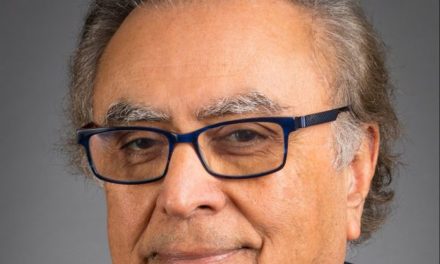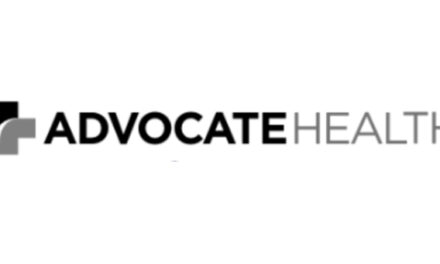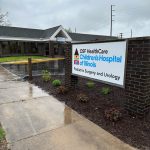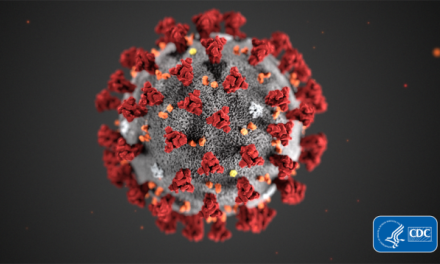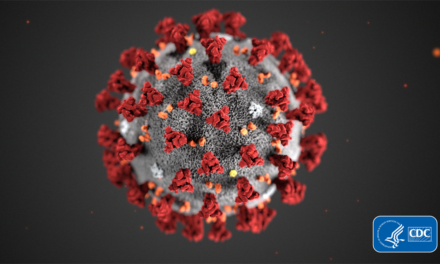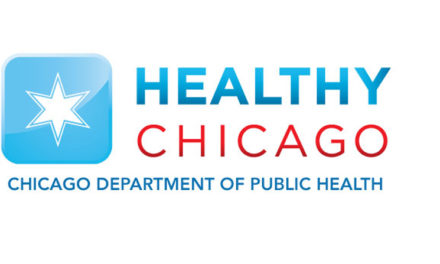
UIC’s Dr. Jonah Fleisher talks recently unveiled CARLA initiative
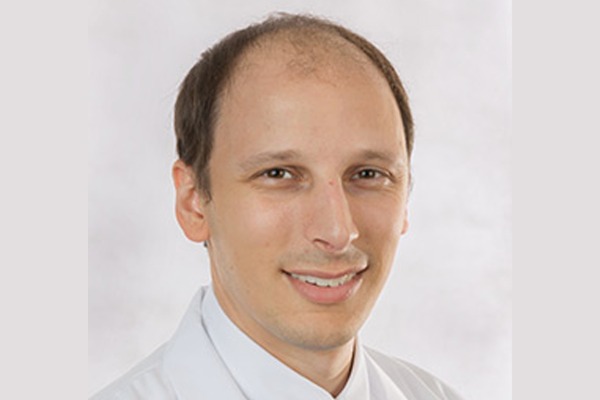
Policymakers came together Monday to unveil several new initiatives to increase access to reproductive care.
Among the highlighted initiatives was the Complex Abortion Regional Line for Access, or CARLA, hotline. In what officials called a first-in-the-nation proposal, the hotline will support individuals that need a higher level of care than what is available at abortion clinics.
Its navigators will help patients schedule appointments within hospital systems and set up required pre-operative testing, as well as arrange payment, transportation and childcare for treatment.
The hotline is a collaboration between the Chicago Abortion Fund, the University of Illinois Chicago, Rush University System for Health and the departments of Public Health and Healthcare and Family Services.
The initiative will be co-led by Dr. Jonah Fleisher, an OB-GYN at the University of Illinois at Chicago.
“I am so encouraged and so proud to be in this state where we can have these conversations, and we can talk about what can we do and make real steps, make real strides towards improving the situation that we find ourselves in because of the Supreme Court and legislatures in the states around us,” he told Health News Illinois this week.
Fleisher spoke about the next steps for the CARLA initiative, as well as the challenges facing hospitals and freestanding abortion clinics in Illinois to provide care for patients needing high levels of care.
Edited excerpts below:
HNI: How did CARLA come together?
JF: The idea for this initiative, CARLA, really grew out of a collaborative conversation amongst abortion care providers throughout the state. We have been meeting since around the time of (Dobbs v. Jackson Women’s Health Organization) on a semi-regular basis just so that we can know what we’re up to and how we can best continue to meet this moment. And as part of that, we came to understand from the freestanding abortion clinics that this is really a problem for them as well as us on the hospitals’ side of things.
HNI: What demand are providers seeing for these services outside of freestanding abortion clinics?
JF: We see people for abortion and miscarriage care that’s simple every day and also some of the more medically complex folks that get referred to us. Freestanding clinics are operating in high volume with people from Illinois as well as people coming from out of state. It’s only a fraction of the people in any of those, regardless of geography, that are going to actually need hospital-based care for medical reasons. And so, we in the hospitals have definitely been seeing an increase in volume, but we’ve been seeing an increase in volume more specifically for patients from out of state. Because those are the people who come to a freestanding clinic and then learn that they have a medical problem. That means that they can’t be safely taken care of in that environment.
HNI: What are some of the challenges facing individuals who come for services and find out they have more complications?
JF: Most people may think about an independent clinic if they need to get abortion care because it’s a safe, simple and quick outpatient procedure for most people. We all walk around with some medical problems, and that’s just part of our life. We don’t necessarily think that it’s that big of a deal. And sometimes it isn’t. So if somebody goes to a freestanding clinic and they get told, ‘Oh, your blood pressure is too high for us to safely give you anesthesia in the office.’ Or, ‘Oh, you had multiple C sections, we’re concerned about risk for bleeding.’ Any of those things might mean that the patient then has to reschedule. In an ideal scenario, they find out before they go to the abortion clinic. But a lot of patients that I see, that clinical problem doesn’t come to light until they get to the clinic. Or they get to the clinic and then the blood pressure is measured and that’s when they notice it. Or they do an ultrasound and they find something dangerous with the placenta … So what happens is that that person has already taken off of work. They’ve arranged childcare for their kids for the day, arranged transportation, called in favors for somebody to drive them home after the anesthesia. And now they can’t get the procedure. So they’ve done all those things, they’ve used all of those resources, and now they’re told, ‘Sorry, you can’t have your procedure today. You have to start this process fresh.’ And they may have waited a couple of weeks to get to that appointment in the first place.
So they’re given a couple of phone numbers of the hospitals and they’re told, ‘We work with several hospitals and we’re going to send them your information here. They’ll be reaching out to you or you can reach out to them.’ And that’s about all that the freestanding clinics can do right now because they have a lot of patients to take care of. They can’t be in the business of calling four different hospitals and waiting for callbacks for each patient that they need to do that for. Patients have to wait and play phone tag with different hospitals, not knowing which hospital takes their insurance. If they don’t have insurance, they have to think about, ‘Well, now this procedure that I had saved money for and maybe even delayed my appointment so that I could save the money or sell something in order to pay for the abortion, I now have to do that process again and I know it’s not going to be the same price. It’s going to be many, many, many thousands of dollars or more.’
HNI: How does this differ from existing navigator work being done in Illinois?
JF: This includes medical triage, which is a really key component and helps get patients to the hospital that can take care of them the quickest, if that’s what they want. This navigator has information about the hospital schedules so they can also act as kind of a concierge to say, ‘This hospital has appointments on these days and they have certain slots available. This one can see you next week on this day.’ They can then help them figure that out with childcare, travel, lodging and whatever other concerns that they have. We are working closely with Chicago Abortion Fund so that all that logistical coordination also starts on that first call, both for all the wraparound services and for also securing financial help for the higher cost of abortion care if insurance doesn’t cover the procedure. It’s really putting all those things under one roof in one person who can do that medical triage and put it all together for the patient at the same immediate point of care.
HNI: What’s next now that CARLA has been announced?
JF: We have, I guess you can call it, a soft open right now. We are working already with several clinics starting this week, and the referrals have started through CARLA. So it’s up and running. We’re starting slower so that we don’t start with the whole state all at once and we can work out some of the details and iron out some of the wrinkles. But in a few weeks, then we’ll be expanding to serve the whole state.
HNI: Is there any estimate yet of how many individuals CARLA expects to serve?
JF: I wish I could estimate that. There are so many unknowns … We can estimate how many people have been referred to hospitals out of the general population getting abortions in freestanding clinics. It’s probably somewhere around 3 percent. But I also think that the number of people coming to Illinois for abortion care is going to change (with) Indiana’s abortion ban … Iowa is another story. So I think the overall numbers, it’s really hard to predict.
HNI: What more can policymakers do to support this work?
JF: We’re constantly thinking about it and have other ideas as well that we’re working out. One of the biggest challenges, honestly for everyone, is the cost of services. And that’s doubly true for hospital costs, which are higher, but it applies across the board. Any way that we’re able to help fund the actual cost of care for people who need it and can’t otherwise afford it, that’s really important. There’s also more that we can do in terms of logistical support and referrals. My focus is, particularly given my line of work on those with high-risk pregnancies … I know that all the burdens that we’re talking about fall disproportionately on people with less means and people of color. And those are also the same people who, if they remain pregnant, have a much higher risk of illness or death from pregnancy. And so it’s a very real, urgent, physical need for safety. If somebody wants an abortion, the earlier they get it, the safer it is. And it’s always safer than then going through the rest of pregnancy. So nobody should be at risk of further complications and serious injury from a pregnancy that they didn’t want to continue.

